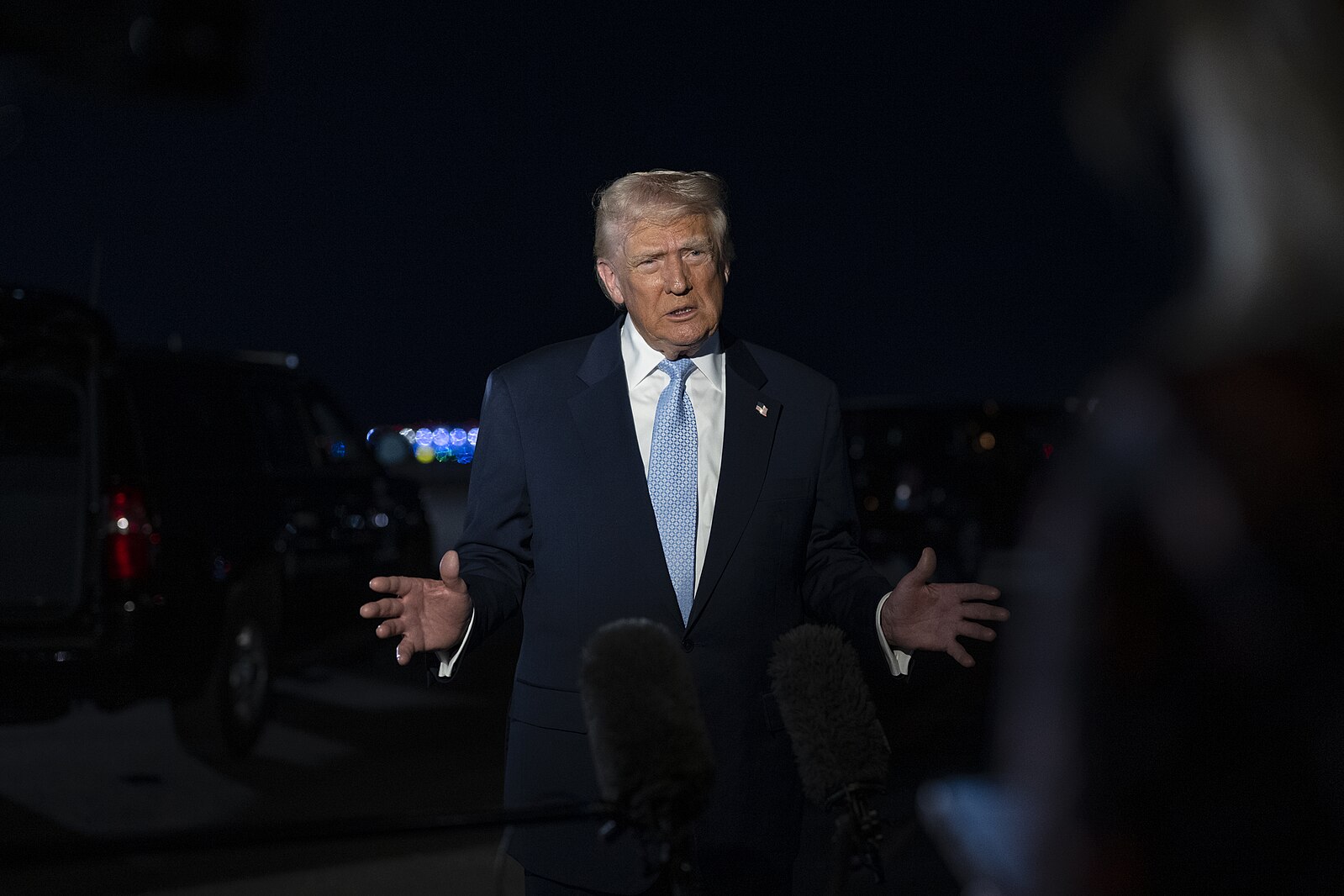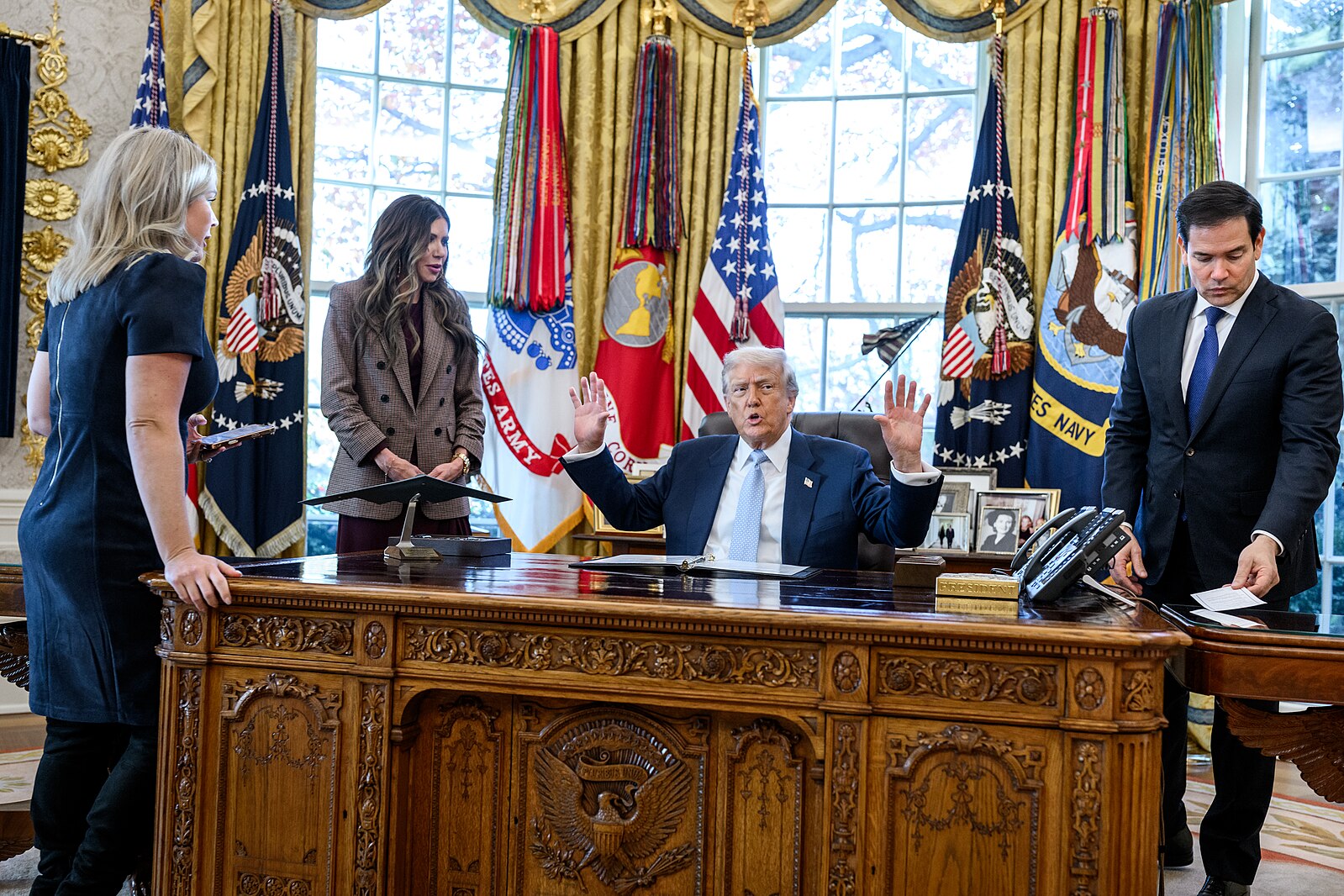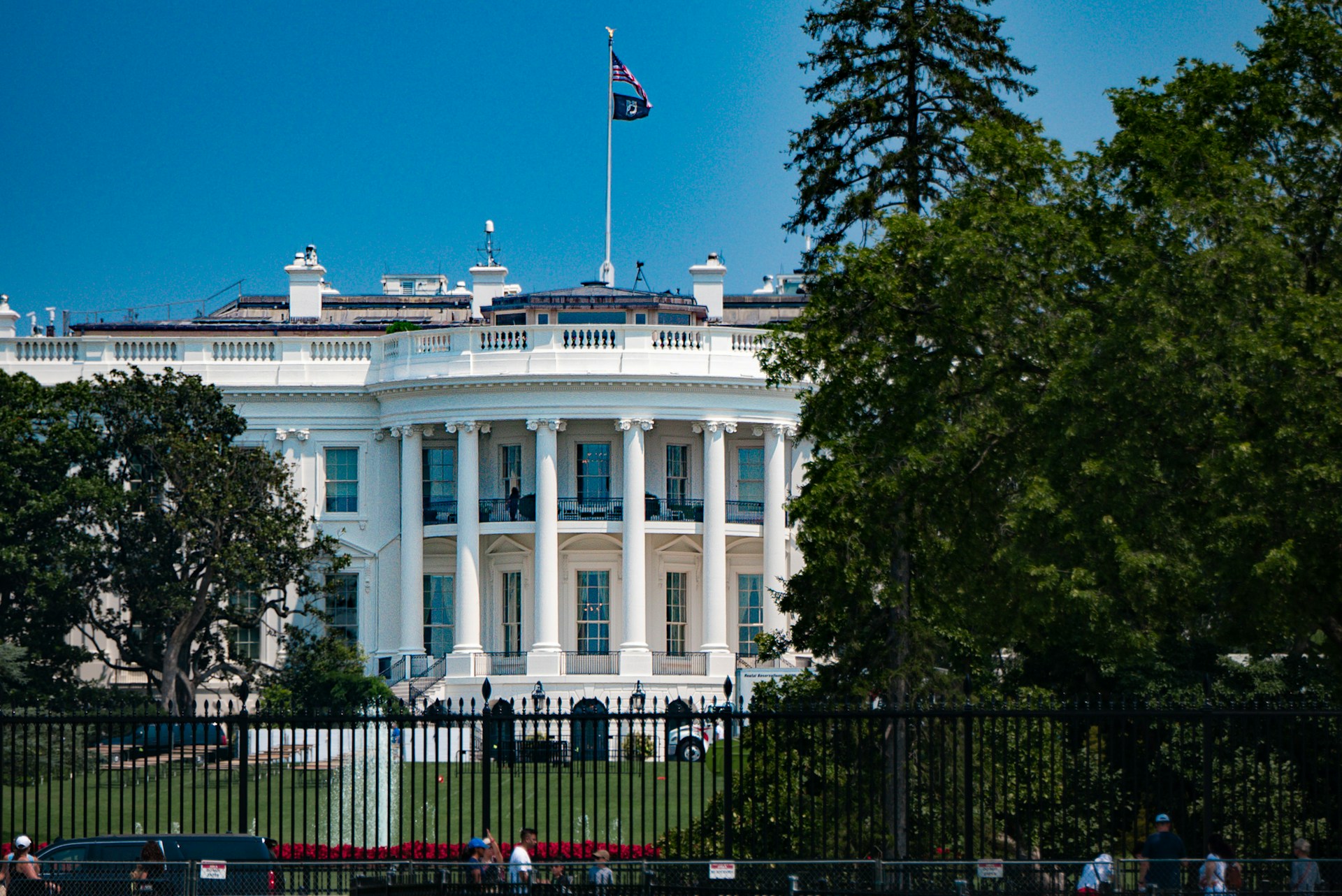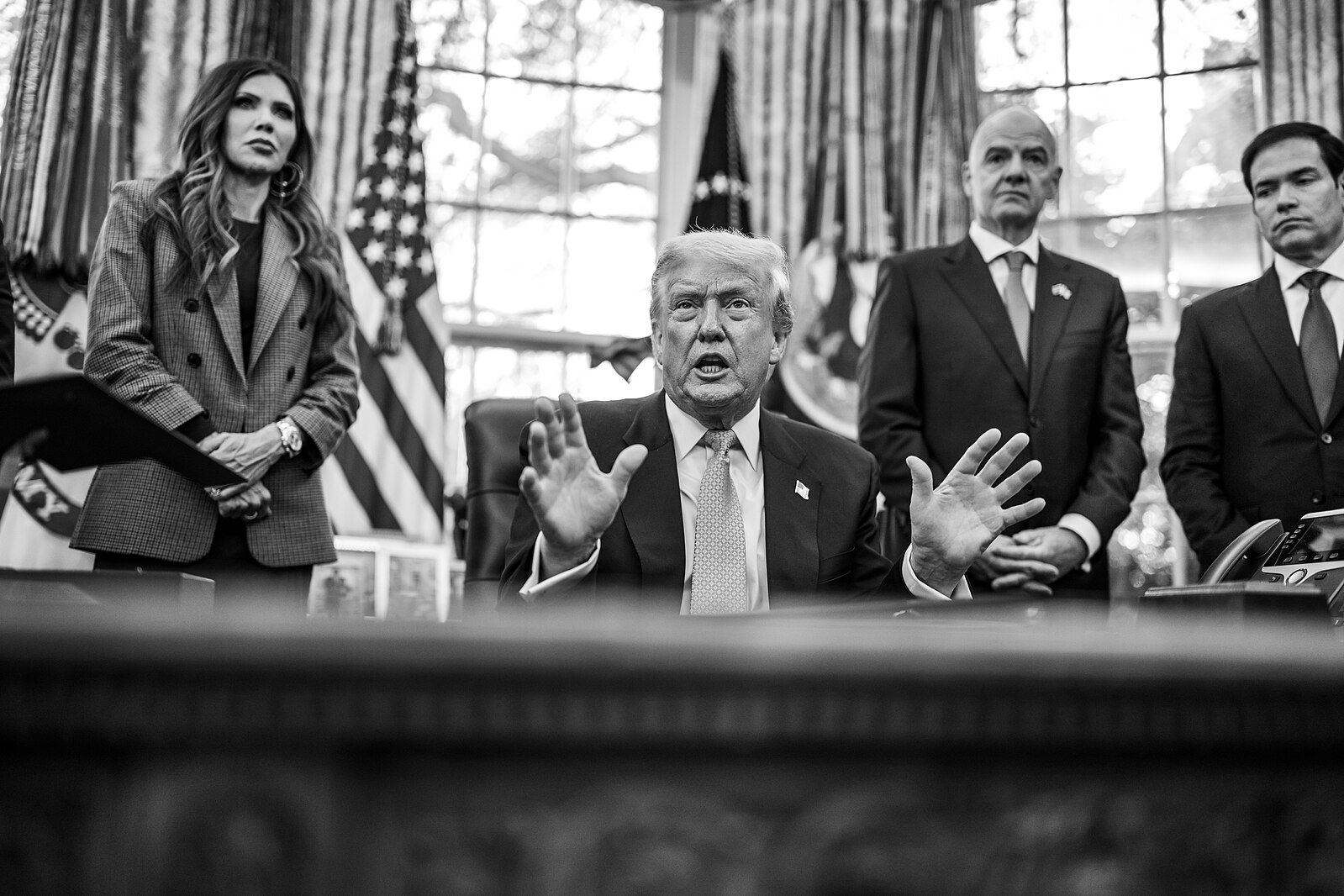Politics
Judge Blocks Trump, Rules He ‘Exceeded the President’s Authority’
By Jake Beardslee · November 18, 2025

Judicial Rebuke of Trump’s National Guard Order
A federal judge has ruled that President Donald Trump acted beyond the scope of his legal authority when he sought to federalize Oregon’s National Guard during protests in Portland. The decision, which has now been made permanent, marks one of the most direct judicial challenges to Trump’s attempts to deploy military force in response to domestic unrest. The White House / Wikimedia
Permanent Block on Federalization Order
The ruling affirms an injunction first issued in October, concluding that Trump’s order to federalize 200 Guard members—purportedly to protect federal property during protests outside a Portland ICE facility—had no lawful basis. Oregon state officials and Portland city leaders had immediately filed suit, arguing that the move overstepped constitutional limits on federal power. The White House / Wikimedia
Oregon and Portland Filed Suit Quickly
State and local officials contended that Trump’s order violated key boundaries on the federal government’s ability to seize command of state-controlled Guard units. Their challenge underscored longstanding tensions between the administration and Democratic-led cities during a period of widespread immigration-related protests. Paul Goyette from Chicago, USA, CC BY 4.0 https://creativecommons.org/licenses/by/4.0, via Wikimedia Commons
Trump Sought Similar Deployment to Chicago
At the same time, the White House had attempted to deploy Guard personnel to Chicago under similar justifications—an effort that met resistance from local officials and was ultimately blocked in court. These efforts became emblematic of Trump’s broader push to assert federal control over local law enforcement matters. Nils Huenerfuerst / Unsplash
Judge: Trump “Exceeded the President’s Authority”
In a 106-page opinion, U.S. District Judge Karin Immergut—herself a Trump appointee—concluded that Trump “exceeded the president’s authority” when issuing the orders. The administration had argued that unrest at the ICE facility constituted “rebellion” or imminent danger of “rebellion,” language drawn from the Insurrection Act, but the court found no evidence supporting that claim. Peregrin0149, CC BY-SA 4.0 https://creativecommons.org/licenses/by-sa/4.0, via Wikimedia Commons
Evidence Did Not Meet Legal Threshold
Immergut wrote that “the evidence demonstrates that these deployments, which were objected to by Oregon’s governor and not requested by the federal officials in charge of protection of the ICE building, exceeded the president’s authority.” Her ruling emphasized that federal officials on the ground had not sought National Guard assistance, and that state authorities were already managing the protests. Tingey Injury Law Firm / Unsplash
Court Rejects Administration’s Justification
Following a three-day trial, the judge determined that the protests—though occasionally tense—did not come close to meeting the legal standard for a federal takeover of the Guard. “When considering these conditions that persisted for months before the president’s federalization of the National Guard, this court concludes that even giving great deference to the president’s determination, the president did not have a lawful basis to federalize the National Guard,” she wrote. Tingey Injury Law Firm / Unsplash